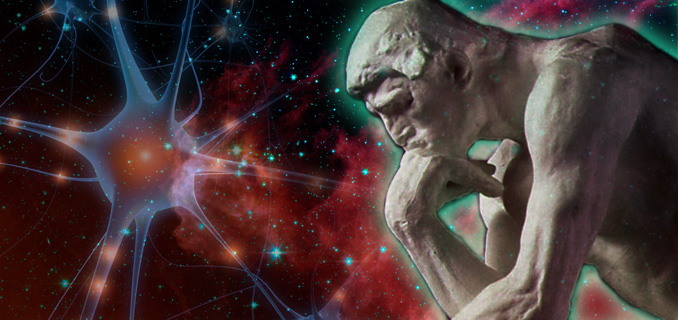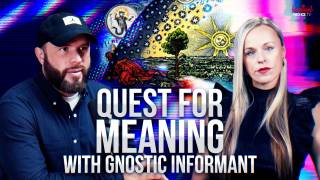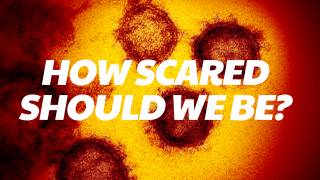Measuring the Scientific Method Against the Wisdom of Esoteric Insight
Source: wakingtimes.com

Pseudoscience is defined as a belief or idea, accepted as true, that has not been proven by the scientific method. While science has been invaluable in helping to promote our ever-expanding knowledge of the Universe, it cannot be held as a hard-and-fast rule to determining Truth. In many instances the scientific method, and peer reviewed articles have acted as a sieve to bring only the highest learning to the forefront of humankind’s imagination, but in some instances, science, in it’s strictest sense, turns out to be nothing more than an arbitrary, and limited view of a Universe who’s laws are far too vast for our Newtonian, materialistic measurements to define.
Frank Wolfs, Professor of Physics at the University of Rochester, provides his undergraduate physics students with a good working definition of the scientific method: “the process by which scientists, collectively and over time, endeavor to construct an accurate (that is, reliable, consistent and non-arbitrary) representation of the world.”
“I don’t know, so maybe I’m not.” ~ Bumper Sticker
In fact, we are only now learning just how much our current level of consciousness affects even the outcome of scientific experimentation. We already know that stereotypes and the current ‘accepted’ paradigms sway the outcome of scientific experimentation, even without scientists’ conscious awareness. Our subconscious beliefs are like the vast ocean shaping our reality, and the conscious experience only a sea foam floating atop a great depth of larger understanding.
In Joseph E. LeDoux’s book, Synaptic Self: How Our Brains Become Who We Are, he states, “your ‘self,’ the essence of who you are, reflects patterns of interconnectivity between neurons in your brain. Most of what brain does is accomplished by synaptic transmission between neurons, and by calling upon the information encoded by past transmissions across synapses.”
This brings up an interesting question, then, in the discussion of science vs. pseudo-science. If our brains are largely projecting a reality based primarily on past neuronal pathways, then it would easily follow that future understanding of the world would be based on the most frequent pathways developed in our minds. In other words, a totally, radically, new idea is probably going to be rejected, much like imaginal cells are in the body of caterpillar becoming a butterfly.
New ideas are like a foreign invader to our current, accepted paradigms. There is a reason why the collective powers in control of the world in the time of Copernicus refused to believe the world was round. In a sense, anything or anyone that challenges our current world view, even today can be seen as part of the ‘Flat World Society.’ Altering our world view can be a radical shift, one that is unsettling and confusing, so it is no wonder that it takes a heroic individual, willing to put his or her life and reputation on the line to promote new paradigms which will radically shift our views.
No wonder it is hard to accept that wisdom could be downloaded straight from the larger consciousness which we are all a part of. It is difficult to accept that a T’ai Chi Chuan master, for example, could understand complex laws of physics just by meditating in the Wu Dang mountains, or that an Indian sage could understand fractal geometry without having ever studied math, simply by achieving non-dualistic consciousness via the attainment of Samadhi. These are not levels of awareness which our current scientific ‘laws’ permit.
There is in fact, an intelligence that far super-cedes our limited ‘scientific methods.’ It doesn’t care if we understand its laws or not. Just because we call it pseudo-science, does not make it untrue.
[...]
Read the full article at: wakingtimes.com
Tune into Red Ice Radio:
Neil Kramer - The Journey of Divine Will & The Path of the Introvert
Anthony Peake - The Infinite Mindfield: The Mystery of Consciousness
Anthony Peake - The Nature of Reality, Twilight Zones of Consciousness & The Pineal Gland
Anthony Peake & Tom Campbell - Consciousness Creates Reality
Peter Russell - The Primacy of Consciousness
Jim Elvidge - Are we Living in a Simulation, a Programmed Reality?
Marcel Kuijsten - Julian Jaynes, the Bicameral Mind & The Origin of Consciousness
Gregg Braden - Crisis in Thinking & False Assumptions of an Incomplete Science
Rupert Sheldrake - The Science Delusion
Johan Oldenkamp - Wholly Science






















